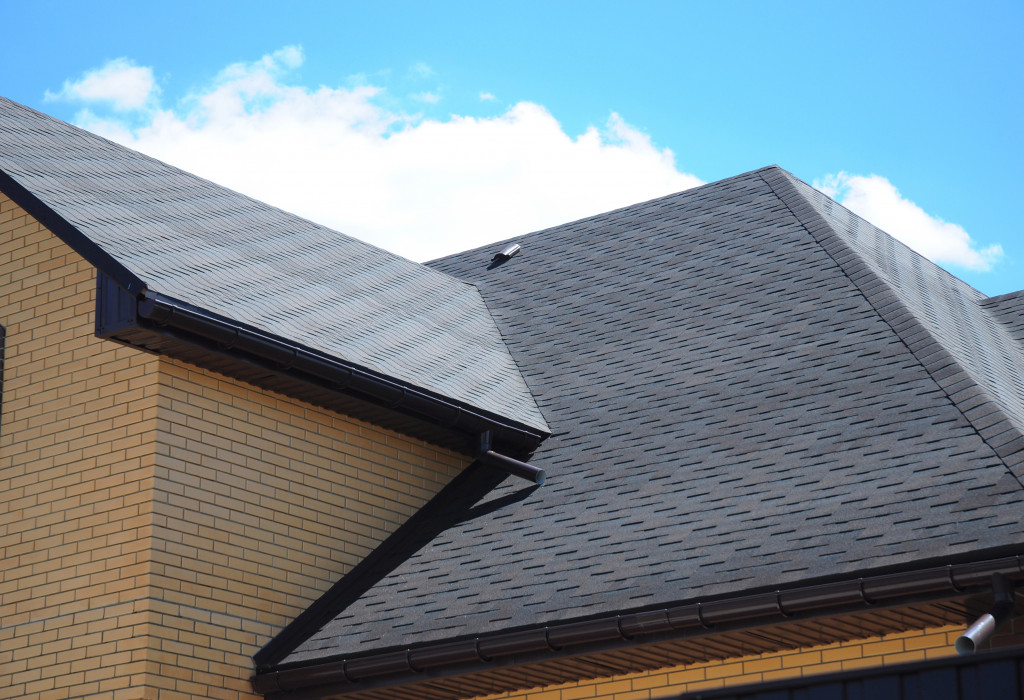- Owning a second home can provide financial stability and investment opportunity through rental income.
- Estimated 7 million homes in the U.S. are considered to be second homes.
- Benefits include vacation property ownership, tax benefits, retirement planning, and creating a family legacy.
- Financing options include refinancing, cash-out refinance, home equity loans, and more.
- Consulting real estate agents and financial advisors are recommended for financing a second home purchase.
After purchasing your first home and settling in, the thought of owning a second home may come to mind. Owning multiple properties is an investment that can have various benefits beyond just providing a vacation home. Owning a second home can be a profitable investment and create financial stability for your future.
Number of Second Homes in The U.S.
It’s estimated that about seven million homes in the U.S. are considered to be second homes. This number is growing every year as the idea of owning multiple properties becomes more popular among affluent and working-class households alike.
Benefits of Owning a Second Home
Owning a second home can have several benefits for the owner. Here are some benefits of having a second home today:
Vacation Property

One of the most significant benefits of owning a second home is having a vacation property to escape to. You can choose a location you and your family love: a cozy mountain cabin or a beachfront retreat. Having a second home gives you the freedom to vacation whenever you want without worrying about finding somewhat decent accommodations. Additionally, it can be a great way to generate rental income when you’re not using it.
Investment Opportunity
Owning a second property can create an opportunity to build your wealth substantially. Depending on the area, a property’s real estate value may increase over time, potentially allowing you to resell or even profit from renting it out. Additionally, the income generated from renting the property is a great investment tool, ensuring a consistent income flow year-round.
Tax Benefits
Investing in a second home provides several tax benefits. Internal Revenue Service (IRS) offers several deductions when owning a second home, including property taxes and mortgage interest deductions. Additionally, you can write off expenses related to your property’s repair, maintenance, and depreciation. You can consult your tax professional for more information on tax benefits and how a purchase can impact your financial status.
Retirement Planning
Owning a second property is a smart way to plan for retirement, especially if you have no other long-term investment plans. A well-selected vacation home in an appreciable area can fetch you consistent rental income. The income can be added to your retirement savings. Owning a second home can also be an excellent way to supplement your retirement income by selling the property when needed.
Family Legacy Building
A second home can also be an excellent opportunity to establish a long-term family legacy. Aside from vacationing together and making memories, the property can be the foundation for your family’s generational wealth. As it builds equity through the years, it can eventually pass down to your children and grandchildren.
Ways to Finance Your Second Home Purchase
There are various ways you can finance your second home purchase. Here are five ways:
Refinance

If you’ve gained home equity throughout your first home purchase, you have enough to refinance your second home. The mortgage refinancing process involves taking out a loan to pay off your original mortgage. It’s a great choice because you can determine your budget’s best loan terms and interest rates.
Cash Out Refinance
This type of refinance allows you to take cash from the equity of your first home and use it for the down payment on your second home. The process is similar to refinancing, but you can keep extra cash after closing your new property.
Home Equity Loan
If you have built up enough equity in your first home, you can borrow against it using a home equity loan or line of credit (HELOC). This type of loan uses the equity built over time as collateral and is typically offered at lower interest rates than traditional loans.
Investment Loans
Investment loans are another option if you want to purchase a second home for investment purposes. These loans are designed specifically for real estate investments and can be used to finance the entire cost of your property, including closing costs.
Personal Loan
If you don’t have enough equity in your first home or enough cash saved, consider taking out a personal loan. Personal loans typically have lower interest rates than other financing options but may involve higher fees and shorter repayment terms.
Owning a second home is an investment with several benefits, from financial security to vacation time. When considering financing your second home purchase, it’s essential to understand the options available to choose the best fit for your needs and budget. Additionally, consulting a professional real estate agent and a financial advisor is recommended for advice on financing your second home purchase.







